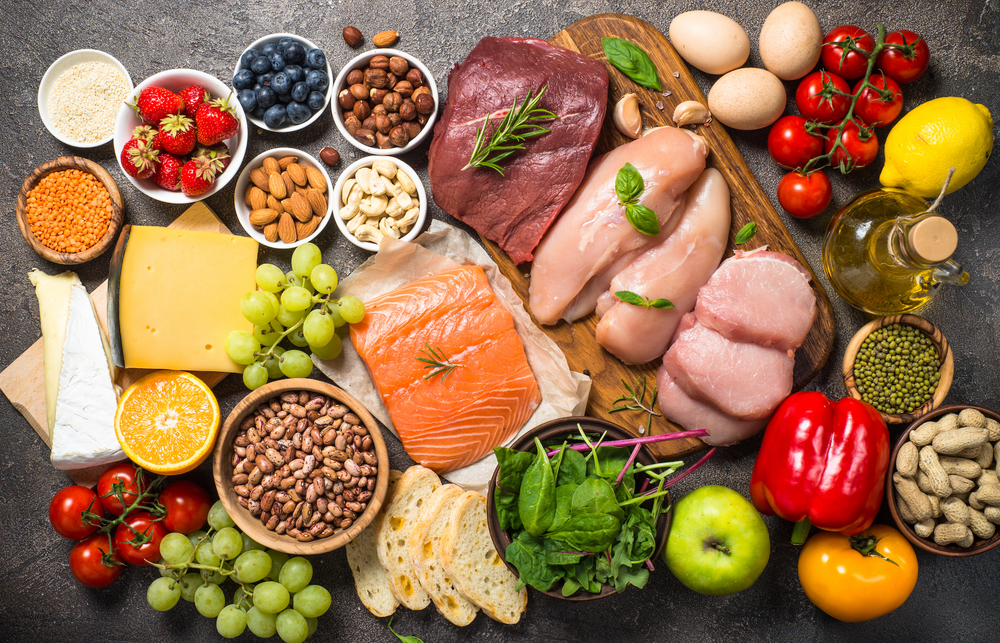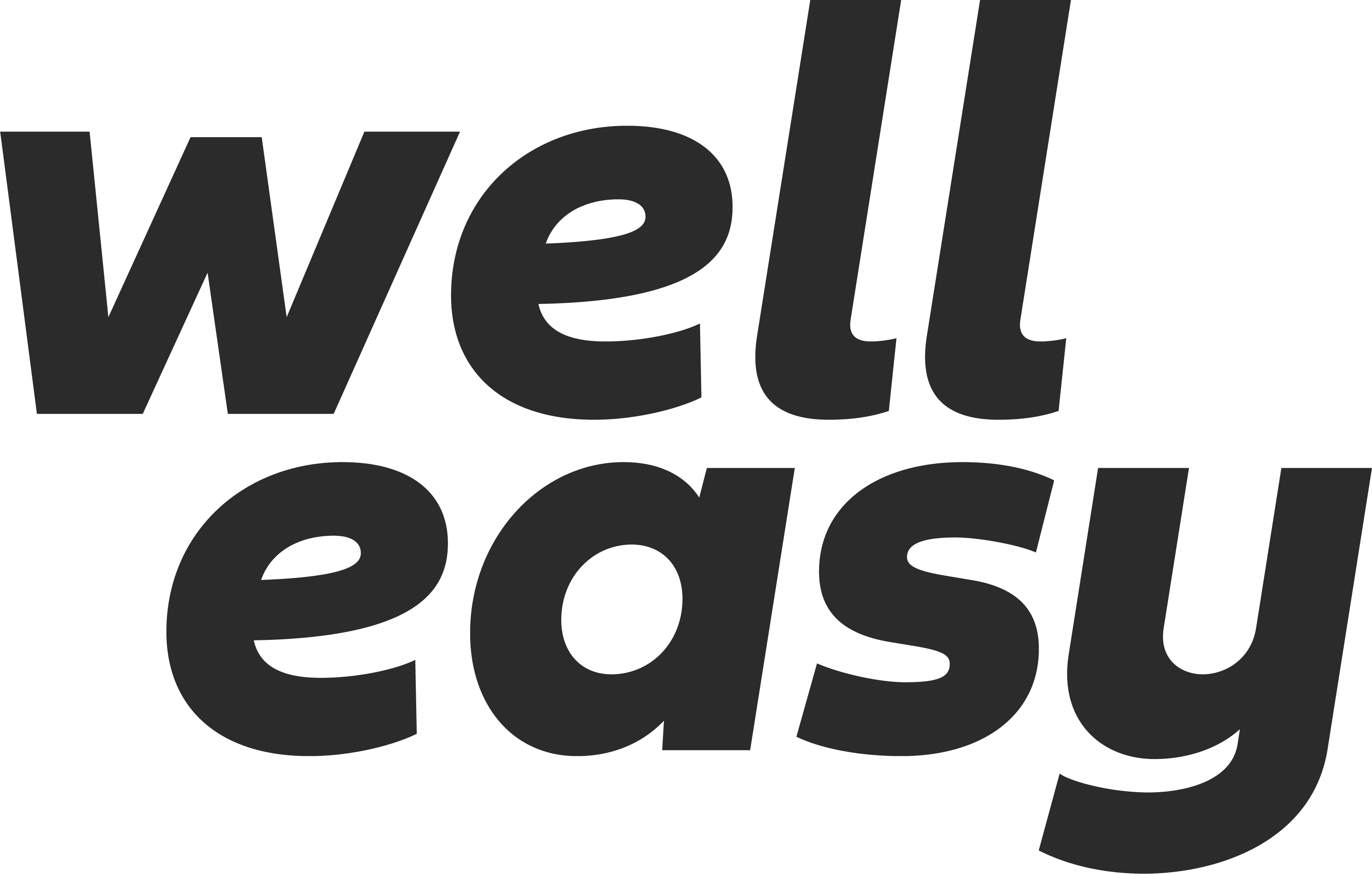
The Top Benefits and Challenges of Keto, Paleo, Whole30 and Vegan Diets

The Top Benefits and Challenges of Keto, Paleo, Whole30 and Vegan Diets
The Top Benefits and Challenges of Keto, Paleo, Whole30 and Vegan Diets
Do you ever feel frustrated with the amount of diets that claim to be the only way you can lose weight, have more energy, and reduce chronic inflammation?
There are so many eating styles out there it can be extremely challenging to find what is best for your needs. In this article, we will discuss the pros and cons of a few different types of diets: Keto, Paleo, The Whole 30, and Vegan.
Ketogenic Diet - This diet has become popular as a quick way to lose weight. It promises drastic results in a relatively short period of time as it forces your body to use stored and consumed fat instead of glucose. This process is called ketosis.
On this diet, calories come from high-fat and protein-rich sources such as butter, oil, nuts, meat, full fat cheese, eggs and fish.
The Top Benefits of a Ketogenic Diet:
- Rapid weight loss - This is caused by appetite reduction, increased and efficient fat burning, and less fat storage.
- Increased satiety -Eating high fat and protein-rich foods can help you feel fuller for a longer period of time!
- Reduced inflammation - This is a result of your body being in a state of ketosis and producing anti-inflammatory ketones (ß-hydroxybutyrate). Inflammation is also reduced because this diet highly favors foods that are anti-inflammatory such as avocados, olive oil, eggs and coconut oil, fatty fish, spinach, and broccoli (the list goes on!).
- Blood sugar and diabetes control - Because you are consuming limited amounts of sugar, your blood sugar levels will remain stable instead of spiking and dropping.
- Brain health - The keto diet was actually implemented as an additional treatment to patients suffering from neurological disorders, specifically epilepsy.
The Drawbacks of a Ketogenic Diet:
- Highly restrictive - This is a highly restrictive diet and requires a real lifestyle change to keep up with. Often, the restrictiveness of this diet (and others) can backfire and another failed diet can put you on a path of guilt and frustration.
- “Keto Flu - The “keto flu” happens in the first week or so as your body adjusts to being in ketosis. Symptoms of the keto flu can include fatigue, headaches, insomnia, nausea, gastrointestinal issues, exercise intolerance, and irritability.
- Constipation - Less fiber in the diet can cause constipation.
- Lack of research - There is a lack of research showing the long-term pros and cons of being in ketosis.
- Other health concerns - There is an increased risk of kidney stones, liver disease, and changes in your gut bacteria.
Paleo Diet - There isn’t an official guidebook on the paleo diet, but it is based on “ancestral eating” of foods that existed before the dawn of agriculture; so no grains, legumes or dairy but lots of lean meat, seafood, nuts, vegetables and fruit.
This diet is a shift from the highly processed foods of a modern western diet and can bring about positive results.
The Top Benefits of a Paleo Diet:
- Less fat, more muscle - Since this diet focuses on meat, the extra protein will help with muscle growth and developing a leaner physique.
- Improves sleep - Without consuming the chemicals and additives found in processed foods, your brain will naturally release serotonin which is a direct regulator of your circadian rhythm (sleep and wake cycles).
- Detoxing effects - While eating more fruits and vegetables on this diet, you’ll be getting more phytonutrients, fiber, and antioxidants. This will have a detoxing effect on your body resulting in less brain fog and more mental clarity.
- Reduces Inflammation - Chronic inflammation can lead to diseases such as cancer and heart disease. The paleo diet encourages consumption of wild caught fish, coconut oil, and fiber rich vegetables which are all anti-inflammatory.
The Drawbacks of a Paleo Diet:
- Can be costly and time intensive - You won’t be eating any processed or convenience foods so a good meal plan and knowing how to cook from scratch will be required! Eliminating staples such as beans and whole grains in exchange for grass fed meat can also have an impact on your grocery bill.
- Difficult to Sustain - It can be challenging to eat differently from others at social gatherings or restaurants, and you may really start to miss some of your favourite foods.
- Calcium deficiency - Avoiding all dairy will mean that another source of calcium needs to be prioritised; this is critical for bone health.
- Nutrient deficiencies - Not consuming legumes can result in deficiencies of magnesium, manganese, and selenium.
Whole 30
The Whole 30 is a month-long elimination program. After 30 days, foods are slowly added back into your diet giving you an opportunity to pay attention to how your body responds. It eliminates many food groups that could adversely affect the body while allowing time to heal and reset.
Moderate portions of unprocessed meat, eggs and seafood are allowed as well as lots of vegetables, natural fats, some fruits and herbs, spices and seasonings. On this 30 day diet, you’re not allowed to eat dairy, legumes, grains, alcohol, additives, or added sugars of any kind (real or artificial) - it is a pretty exhaustive list!
The Top Benefits of a The Whole30:
- Identify troublesome foods - Slowly reintroducing foods after you have eliminated them can help you identify food sensitivities and how your body responds to what you eat. This is the purpose of the program.
- More awareness of food - While on a Whole 30 diet, you’ll get in the habit of reading and evaluating food labels to see which items are compliant. It’s a great habit to cultivate and pay attention to what you put into your body!
- Weight loss - Even though this is NOT a weight loss program, by default of eliminating processed and sugary foods, you will likely start to lose excess weight.
- Not focusing on weighing or measuring yourself - It is recommended that you not weigh yourself during these 30 days, but instead focus on non-scale victories such as better sleep, clear skin, improved digestion, and more energy.
The Drawbacks of The Whole30:
- Must plan ahead - Creating a compliant menu, shopping, and chopping lots and lots of vegetables can be labor intensive!
- Very restrictive diet - The Whole30 can be hard to maintain because of the amount of foods you have to avoid.
- Eating at restaurants and social events are a challenge: no refined sugar, no alcohol, so you will want to plan your social life during this program accordingly.
- No deviation allowed: While on this diet, one bite of a restricted food restarts the whole healing process and puts you back to day one.
Vegan Diet
A vegan diet is a vegetarian eating style that also avoids all animal products and byproducts - including honey, eggs and dairy. Some people choose this diet for health reasons, others choose it for ethical reasons, staying away from animal cruelty and opting for a more sustainable plant based diet.
The Top Benefits of a Vegan Diet:
- Rich in nutrients - This diet leans more heavily on fruits, vegetables, whole grains, beans, peas, nuts and seeds than a standard western diet resulting in greater nutrient density. Vegan diets tend to have higher amounts of fiber, antioxidants, beneficial plant compounds as well as Vitamins A, C and E, magnesium, potassium, and folate.
- May help in weight loss - This because a vegan diet that is rich in whole, plant-based foods is packed with fiber and anti-inflammatory nutrients that help accelerate weight loss.
- Lowers your risk for Type 2 diabetes, certain types of cancer, and heart disease - This is because increasing healthy plant based meals while eliminating inflammatory animal products can reduce chronic inflammation in your body.
The Drawbacks of a Vegan Diet:
- Discomfort and bloating - This can be caused by a high influx of fiber rich foods such as beans, broccoli and leafy greens.
- Hard to maintain - It can be hard to identify all animal derived ingredients making it exhausting to always read labels and explain your needs at restaurants and gatherings. Your food choices can also be limited, making veganism a challenge to maintain.
- Possible Nutrition Deficiencies - Vitamin B 12, Calcium, and Omega 3 fatty acids are often found to be lacking in vegan diets. With some diligence though, there are ways to get these nutrients from plant based food and supplements.






